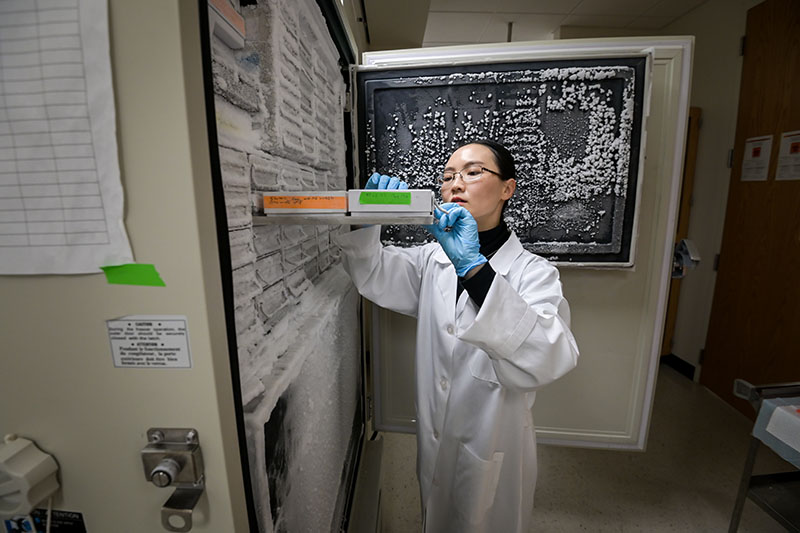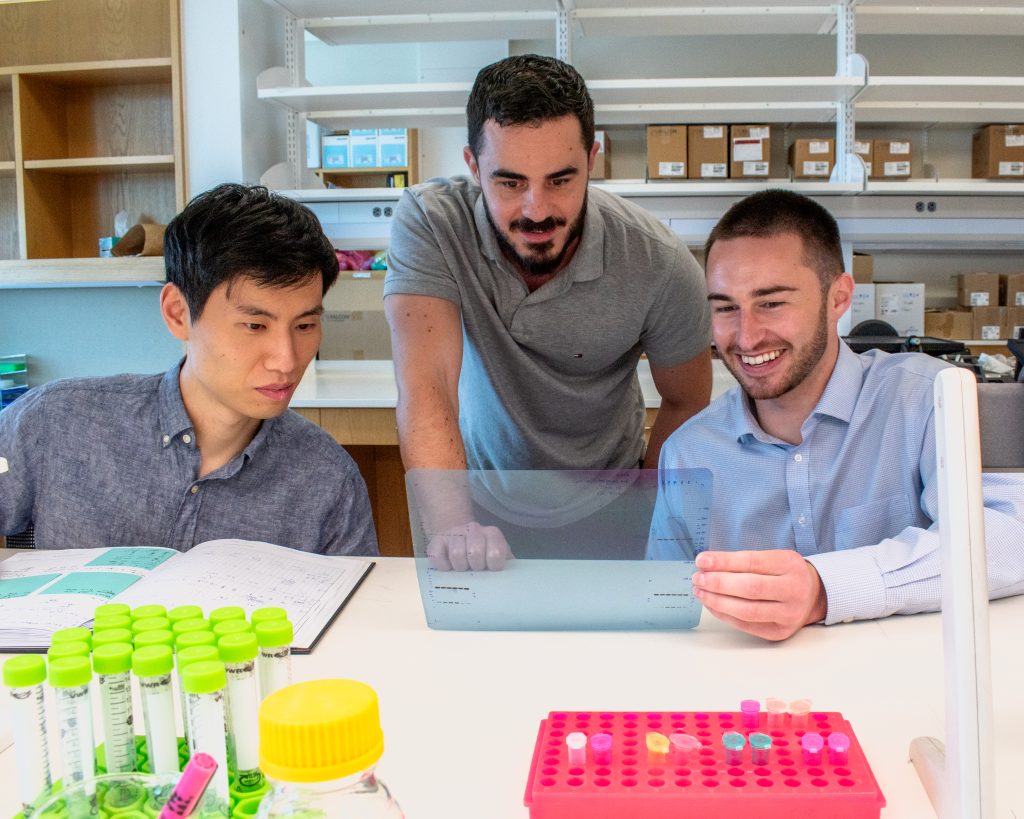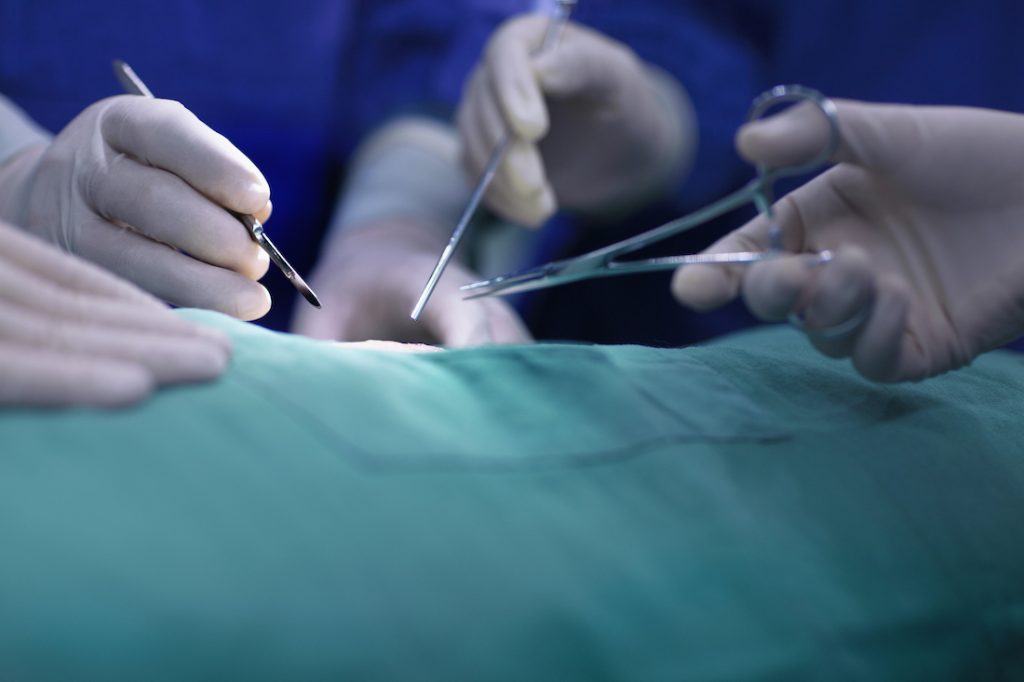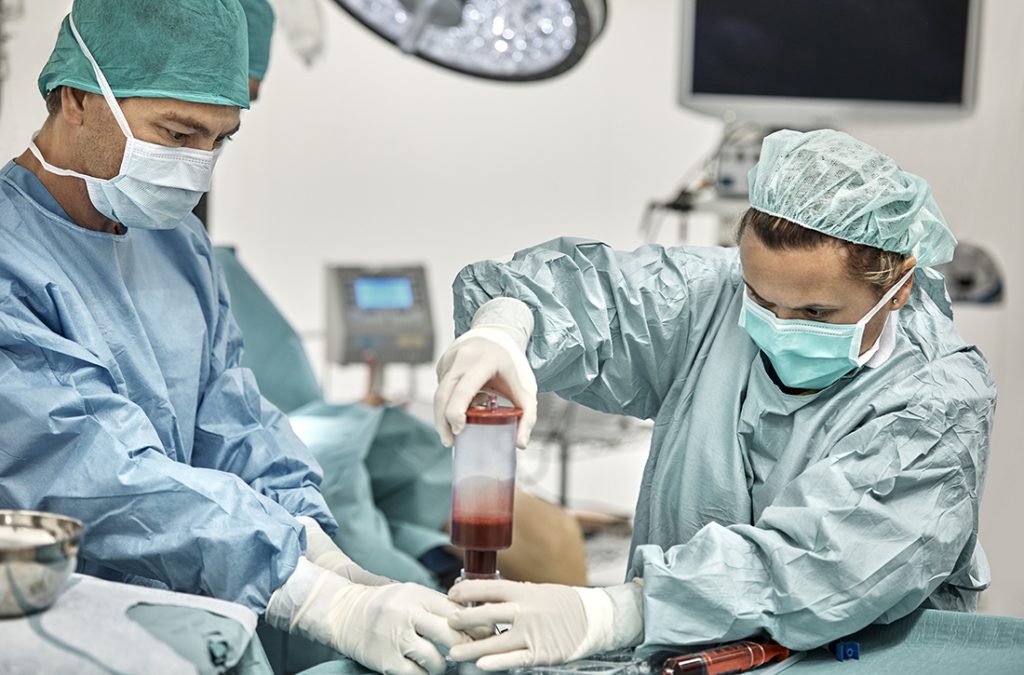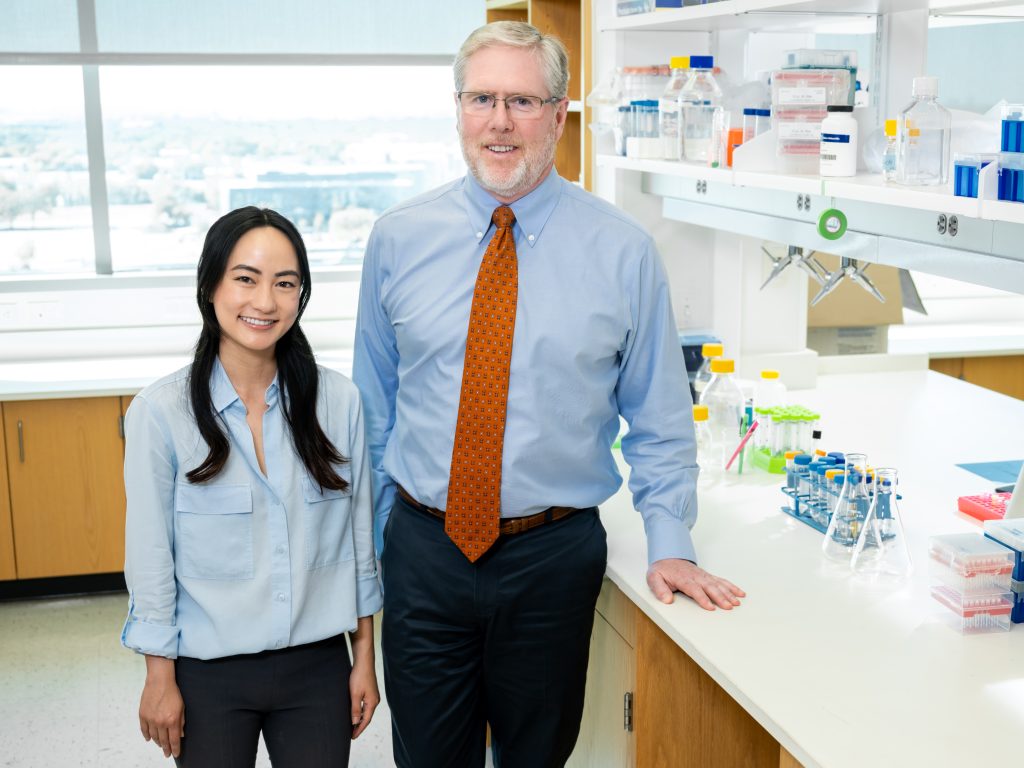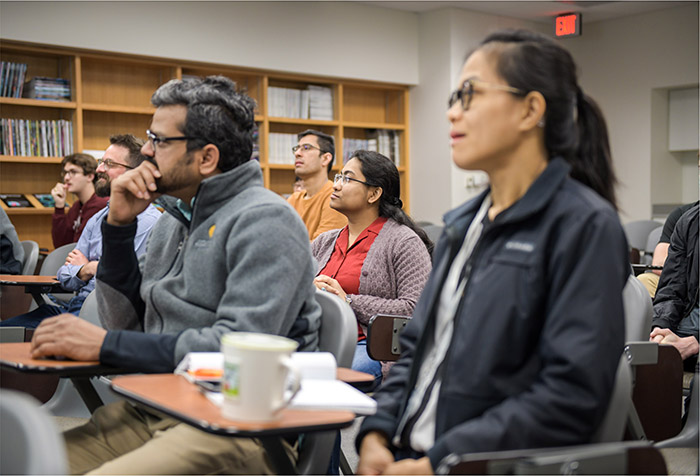June 2025
Garcia-Bermduez Lab: Tumors can tap a nontraditional pathway to acquire lipoproteins to enrich cancer cells with an antioxidant shield and survive stress: special sugar-coated structures on the cell surface called sulfated glycosaminoglycans (GAGs). Lipoproteins transport the majority of lipids in blood, including α-tocopherol – a form of vitamin E. While α-tocopherol is an antioxidant that can nourish healthy tissues, scientists found this potent antioxidant shield is used by cancer cells to resist ferroptosis, a type of cell death triggered by toxic lipid by-product buildup. Nature [online ahead of print]

